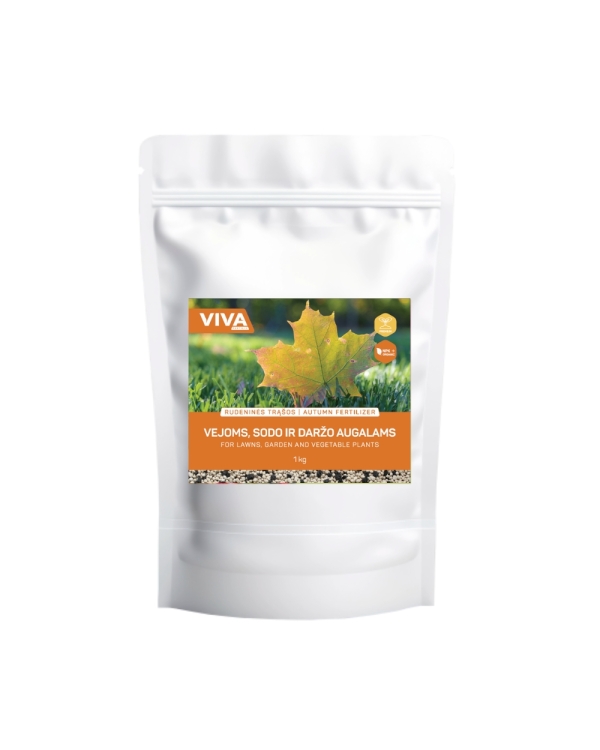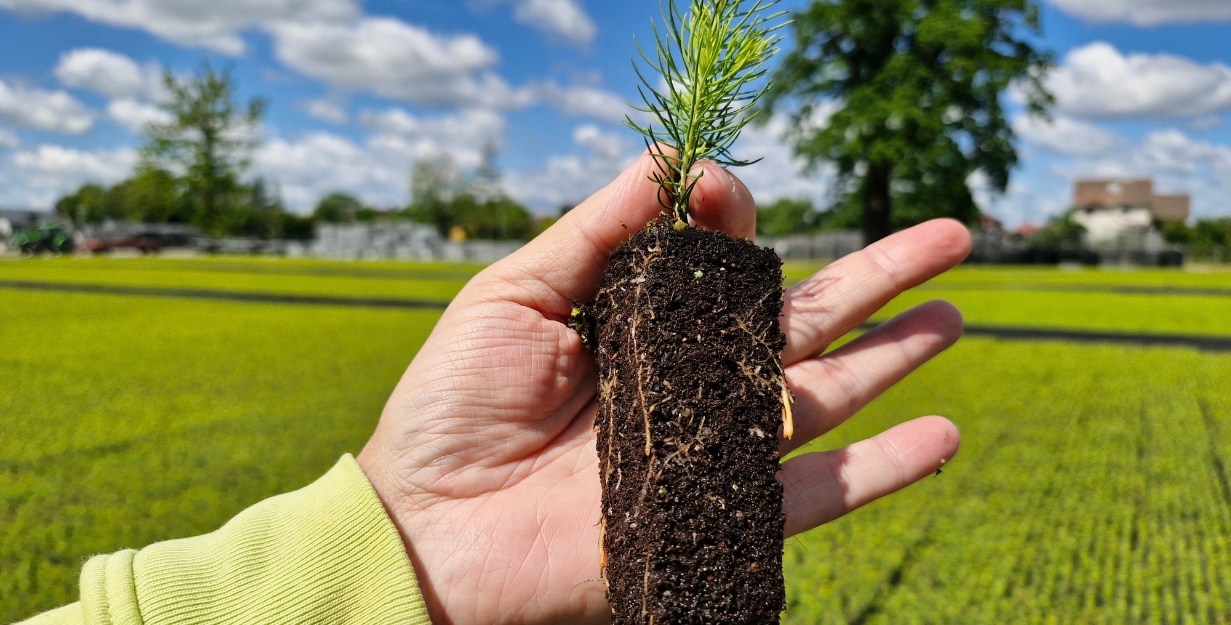Soil microbiological activity is an essential component of healthy and fertile soil. It is the complex process of interactions between various microorganisms, such as bacteria, fungi, protozoa, and nematodes, and the soil environment. This process is critical for maintaining soil fertility, nutrient cycling, and the overall health of plants. In this blog, we will explore the benefits of soil microbiological activity and its significance for plant growth.
Nutrient cycling
Soil microbiological activity plays a crucial role in nutrient cycling. Microorganisms decompose organic matter, converting it into nutrients that are readily available for plants to absorb. This process is particularly important for nitrogen, phosphorus, and sulfur, which are essential nutrients for plant growth. Nitrogen-fixing bacteria, for example, can convert atmospheric nitrogen into a usable form for plants. This means that soil microbiological activity is essential for maintaining a healthy nutrient balance in the soil and ensuring that plants have access to the nutrients they need.
Improved soil structure
The activities of soil microorganisms also help to improve soil structure. Fungi and bacteria produce a sticky substance called glomalin, which binds soil particles together, creating soil aggregates. Soil aggregates provide spaces for air and water to move freely in the soil, allowing roots to penetrate and plants to access nutrients more easily. In addition, the presence of soil aggregates improves the soil’s ability to resist erosion and compaction, which is vital for plant growth.
Disease suppression
Another significant benefit of soil microbiological activity is its ability to suppress plant diseases. Some microorganisms produce antibiotics that can inhibit the growth of plant pathogens. Others compete with pathogens for resources, preventing them from gaining a foothold in the soil. The presence of a diverse range of microorganisms in the soil is critical for disease suppression, as it increases the likelihood that some of them will have the ability to suppress specific plant pathogens.
Conclusion
Soil microbiological activity is essential for maintaining healthy and fertile soil, which is critical for plant growth. The complex interactions between microorganisms in the soil provide many benefits, such as nutrient cycling, improved soil structure, and disease suppression. Farmers and gardeners can encourage soil microbiological activity by adding organic matter to the soil, avoiding the use of chemical fertilizers and pesticides, and practicing crop rotation. By nurturing the soil microbiome, we can create a healthy and sustainable environment for plants to grow and thrive.
our top products
#vivafertis
in our blog
in our blog


















